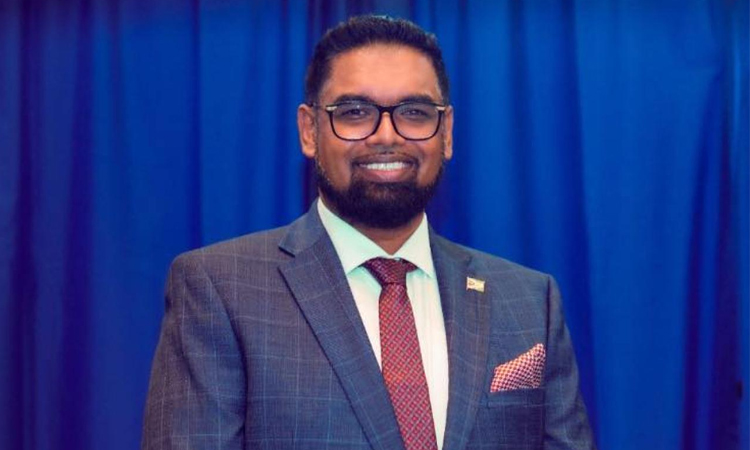News Flash
News Flash

GEORGETOWN, Guyana, Sept 7, 2025 (BSS/AFP) - Guyana's President Irfaan Ali was reelected for a second term, electoral authorities declared Saturday, after a vote that gave his party a mandate to manage the nation's newfound oil riches amid a territorial dispute with Venezuela.
The elections commission said in a statement released at midnight that Ali's People's Progressive Party/Civic (PPP/C) had won Monday's general election, securing 55 percent of the vote.
Ali had already claimed victory in the elections in statements to AFP on Wednesday.
Ali, a 45-year-old center-left leader, now faces the challenge of ensuring the benefits of Guyana's vast oil wealth -- which has fueled the world's fastest-growing economy -- reach its 850,000 people, more than half of whom still live in poverty despite the nation's soaring GDP.
Ali's main rival, multi-millionaire populist Azruddin Mohamed, nicknamed the "Guyanese Trump", and his newly formed We Invest in Nationhood (WIN) party finished second with 24.8 percent of the vote.
The opposition, A Partnership for National Unity (APNU), which represents much of the country's Afro-Guyanese population, came third with 17.7 percent.
Ali, whose party draws much of its support from the Indo-Guyanese community, will assume a second five-year term at a time of rising tensions with the government of Venezuelan President Nicolas Maduro, who claims sovereignty over the oil-rich Essequibo region and appointed authorities for that area in controversial elections held in May.
Ali has the support of the United States, which is also experiencing tensions with Venezuela following the deployment of warships in the Caribbean for anti-drug operations.
The dispute over the Essequibo region is centuries old, but it intensified in 2015 after the discovery of enormous oil resources.
Guyana currently has the largest oil reserves per capita in the world, expected to reach production of one million barrels per day by 2030, compared to the current 650,000.
The oil wealth has allowed the state budget to quadruple in five years to $6.7 billion in 2025, with a world-beating economic growth of 43.6 percent in 2024.
Guyana appealed to the International Court of Justice in 2018 to ratify an 1899 award that established its current borders, but Venezuela rejects the court's jurisdiction and asserts the 1966 Geneva Agreement, which establishes the basis for a negotiated settlement.